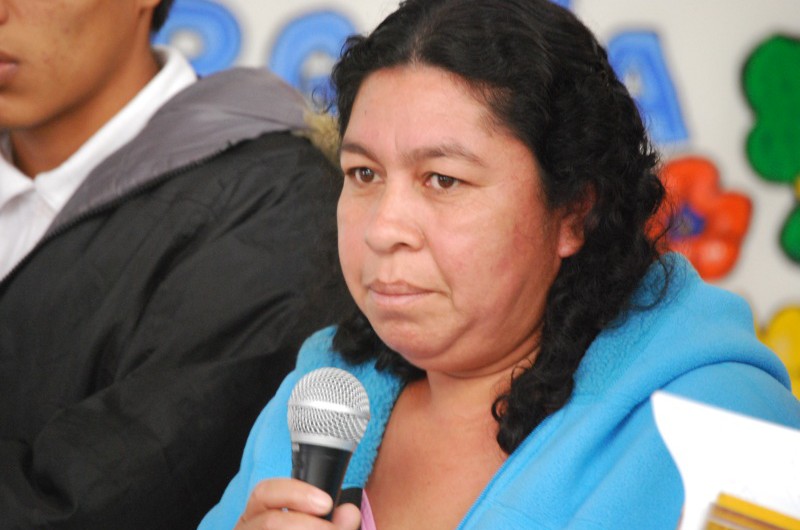Health: the perspective of those living in poverty

Analysis
As part of the first Millennium Development Goals Evaluation Seminar (of the ATD Fourth World project in Latin America and the Caribbean, participating delegations discussed everyday problems, such as maternal and child health.
Vulnerable families share common experiences, such as the lack of effective access to quality medical care. One example was the hardships families have to go through in order to secure a medical appointment, even attending health centres at 4 or 5 in the morning. Other issues were discussed, such as the ignorance of ancestral cultural practices and a lack of supplies, equipment and infrastructure.
However, the strongest criticism was reserved for the humiliation and discrimination suffered especially by women when they are seen by healthcare professionals. As Petrona Pacoricona from El Alto in Bolivia explained, ’The doctors humiliate you, they say: “you’re filthy, you need to wash yourself”. We don’t go to hospitals because we are afraid. When we are seen by the doctors, they don’t explain clearly to us what illness we have, and when we ask them to explain again, they say: “as I’ve already said, I have a long list of patients to see”. We come out of there feeling humiliated, feeling like idiots’.
Another factor obstructing access to good medical care is the lack of financial resources, as Clemente Huaccanqui from Cuyo Grande in Peru told us: ’I had seven children but two died. One of my children died from bronchial pneumonia, we didn’t have the required cash at the time and we lost our one-month old baby because we had no money.’
Haiti, for its part, took a different approach with their Polyvalent Community Health Officers (known as ’ASCPs’), who organise group sessions in isolated neighbourhoods to inform people about disease prevention programmes, closely interacting with the the most needy. ’When you’re an ASCP, you live in the neighbourhood, so you know about the community’s problems. That’s really important. I do house visits twice a month. I walk around the area, looking for families, so I can find out what problems they have.’
To conclude, effective access to good quality medical care is a human right. Without it, families living in poverty and extreme poverty risk being excluded from society even further.

